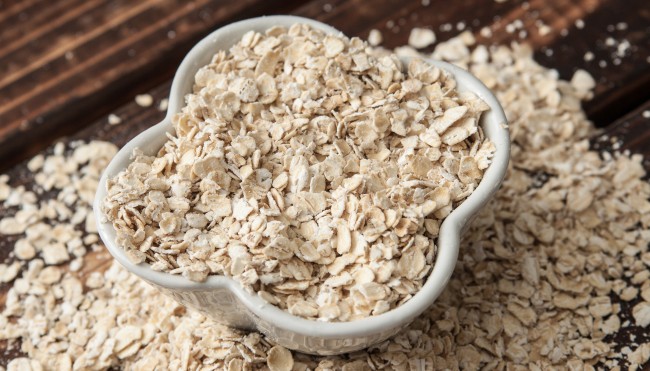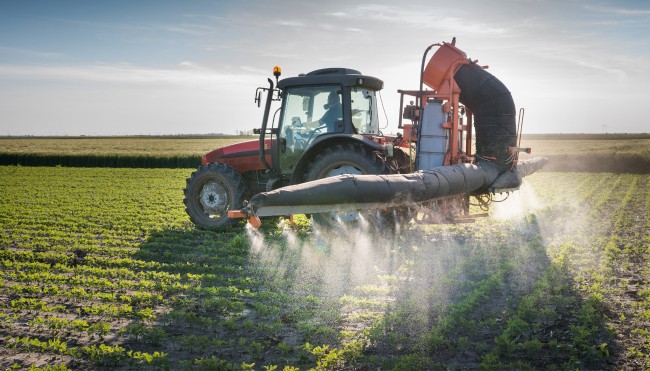Quinoa: An Unhealthy Obsession?
So, What is Quinoa?
While often considered a grain, quinoa is, in fact, a seed. Grown and consumed in the Andean region of South America for thousands of years, it comes from the broadleaf chenopodium quinoa plant, which is part of the amaranth family. There are over 120 different varieties of quinoa but the most common commercially grown varieties are white, red and black. Quinoa was domesticated for human consumption around 3,000 to 4,000 years ago in Peru and Bolivia but has only really become a healthy staple for most people in the last 10 years.
The Benefits: Why eat Quinoa?
Aside from being seriously delicious, eating quinoa also super nutritious. This nutrient-rich seed is popular amongst the health-conscious for a number of reasons including its high fiber and protein content. It contains all 9 essential amino acids and it’s got twice as much fiber as other grains. This high protein/fiber combo is what makes quinoa so satiating and will keep you feeling fuller for longer. Eating fiber improves digestion and gut function, and can also help prevent chronic illnesses such as heart disease, diabetes, and certain cancers. Quinoa also contains vitamins and minerals like iron, magnesium, riboflavin (vitamin B2) and manganese. So much goodness!
Too much of a good thing?
With the growing popularity of quinoa, came controversy. But does the increasing demand for quinoa prevent the communities that grow it from eating their share and reaping the benefits? And, is eating quinoa ethical and sustainable?
There’s been a lot of back and forth on the issue. While it was initially thought that western demand was making quinoa inaccessible for locals, it turns out it has actually improved the welfare of rural communities. A survey conducted by the International Trade Centre found that as production and prices grew, farmers benefited. But unsurprisingly, as prices fell, farmers’ livelihoods also suffered.
The quinoa boom has brought to light some important issues, in particular, the need to develop fair trade standards - a positive development for farmers and consumers alike. Go for organic, fair trade brands when shopping for quinoa. That way you can eat your quinoa guilt-free, knowing that you’re looking out for the well-being of these farming communities.





